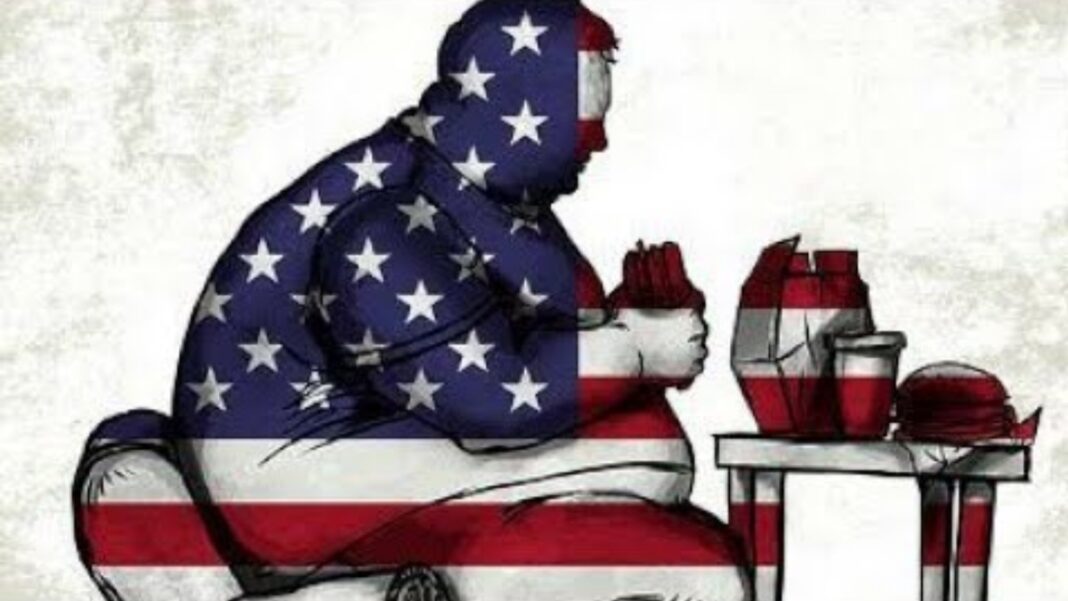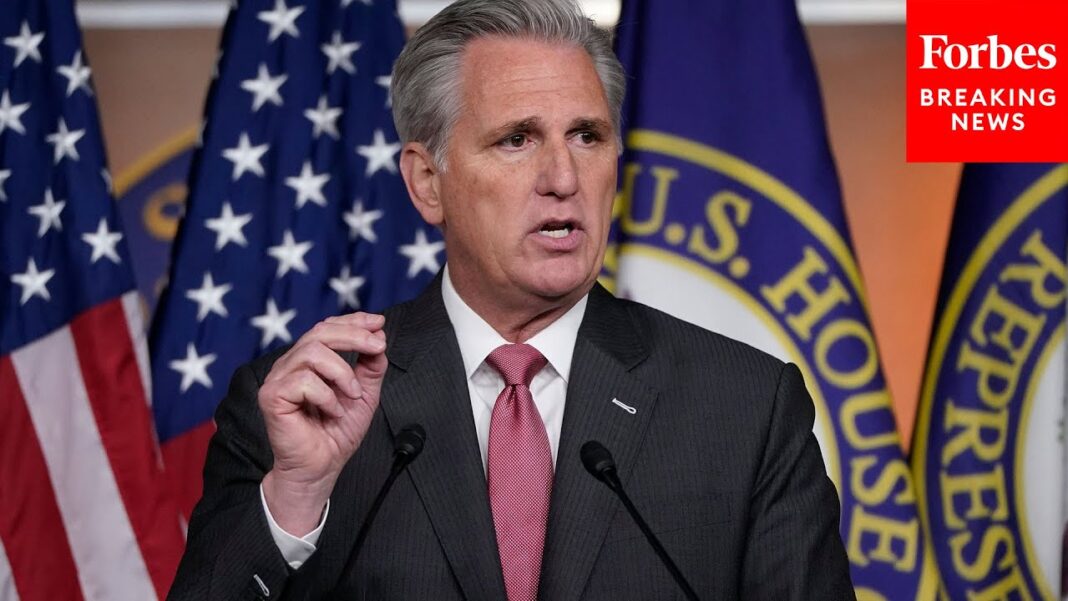How can we make sense of the Biden administration’s project to establish a shadow state in which the federal government achieves its unconstitutional objectives—mask mandates, forced vaccines, suppression of religious freedom and free speech—by recruiting private corporations to do its bidding? What is the official name for this public-private partnership in opposition to our liberties?
Before I answer this question, let’s zoom in on precisely what the administration seeks to do. It recognizes, of course, that any attempt to impose a nationwide mask mandate or to force Americans to take the vaccine would run into serious constitutional problems. Where does the Constitution give the federal government the power to require such things? Nowhere.
Moreover, there are practical obstacles. How exactly would the federal government go about enforcing such mandates? It would take a nationwide reporting system of unimaginable complexity to ensure full compliance with a mask mandate. No less than a national vaccine database would be needed to ensure that all citizens took their compulsory vaccine. In either case, it’s unclear what penalties could be imposed on those who refused.
Consequently, the Biden team has come up with an easier way. What if private corporations imposed mask mandates and required COVID-19 vaccinations? What if the government could enlist a wide array of private-sector entities that provide essential services to citizens to carry out what the government itself might find very difficult to carry out? In this way, the government would create a national passport system without having to administer it all from Washington.
Let’s say that you need proof of vaccination to fly on a plane, or to eat at a restaurant, or to go to a baseball game, or to return to work. This would put pressure on citizens to get vaccines or run the risk of being excluded from the basic activities of life. They could hold out and refuse to be vaccinated, but the consequence would be dire: They would, in effect, become second-class citizens.
Now add to this the administration’s attempt to coordinate with digital platforms not merely to enforce mask or vaccine compliance, but also to enforce viewpoint compliance about masks and vaccines. And why stop there? Since we’re on this track, there’s no reason to stop at public health; how about viewpoint compliance on a host of other issues, from gender identity to election fraud to climate change?
Pause to consider the staggering implications. Social media platforms that were created to foster communication and debate, and were given special immunity from lawsuits to foster a vibrant public square, are now the instruments of suppressing public discourse. The very tools of freedom have become tools of oppression—a clear and present danger to democracy itself.
Citizens who don’t fall into line with the enthroned orthodoxies not only face the risk of being kicked off a plane or being fired at work; they also face the risk of being excluded from the public square. In effect, they become “non-citizens” in that their participation in democratic debate has been circumvented.
To the degree they can’t even communicate with friends, relatives, and other associates, they have virtually become “non-persons,” and all with the active collaboration of the U.S. government. To quote press secretary Jen Psaki, it’s not enough that one digital platform ban purveyors of supposed misinformation; all platforms must simultaneously ban them.
There’s a name for such a partnership between the state and the private sector to force all the citizens into lockstep: fascism. In invoking this term, I’m not trying to engage in rhetorical hyperbole. First, let’s clarify that fascism is not the same thing as Nazism. Fascism preceded Nazism by a quarter of a century, and the quintessential fascist was Mussolini, not Hitler. There were powerful fascist movements in England, France, Belgium, and Italy before Hitler devised his own distinctive type of fascism—a fascism built upon anti-Semitism—that came to be known as Nazism.







